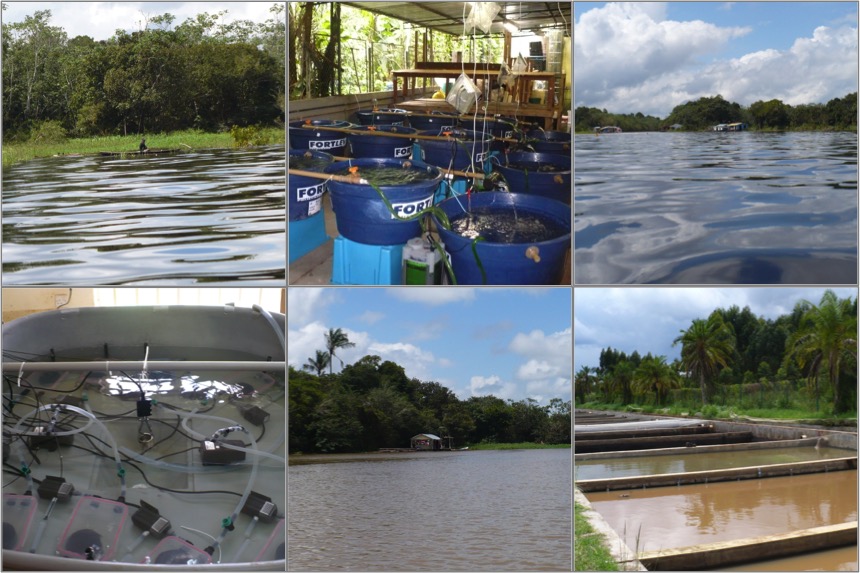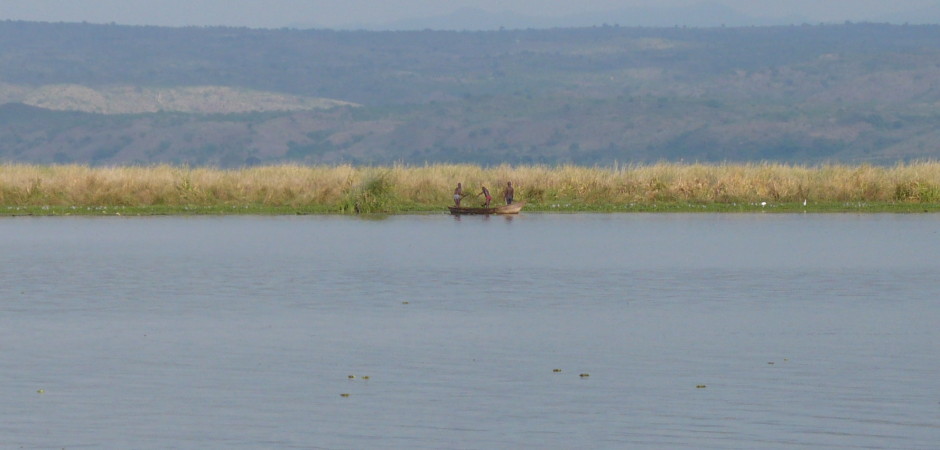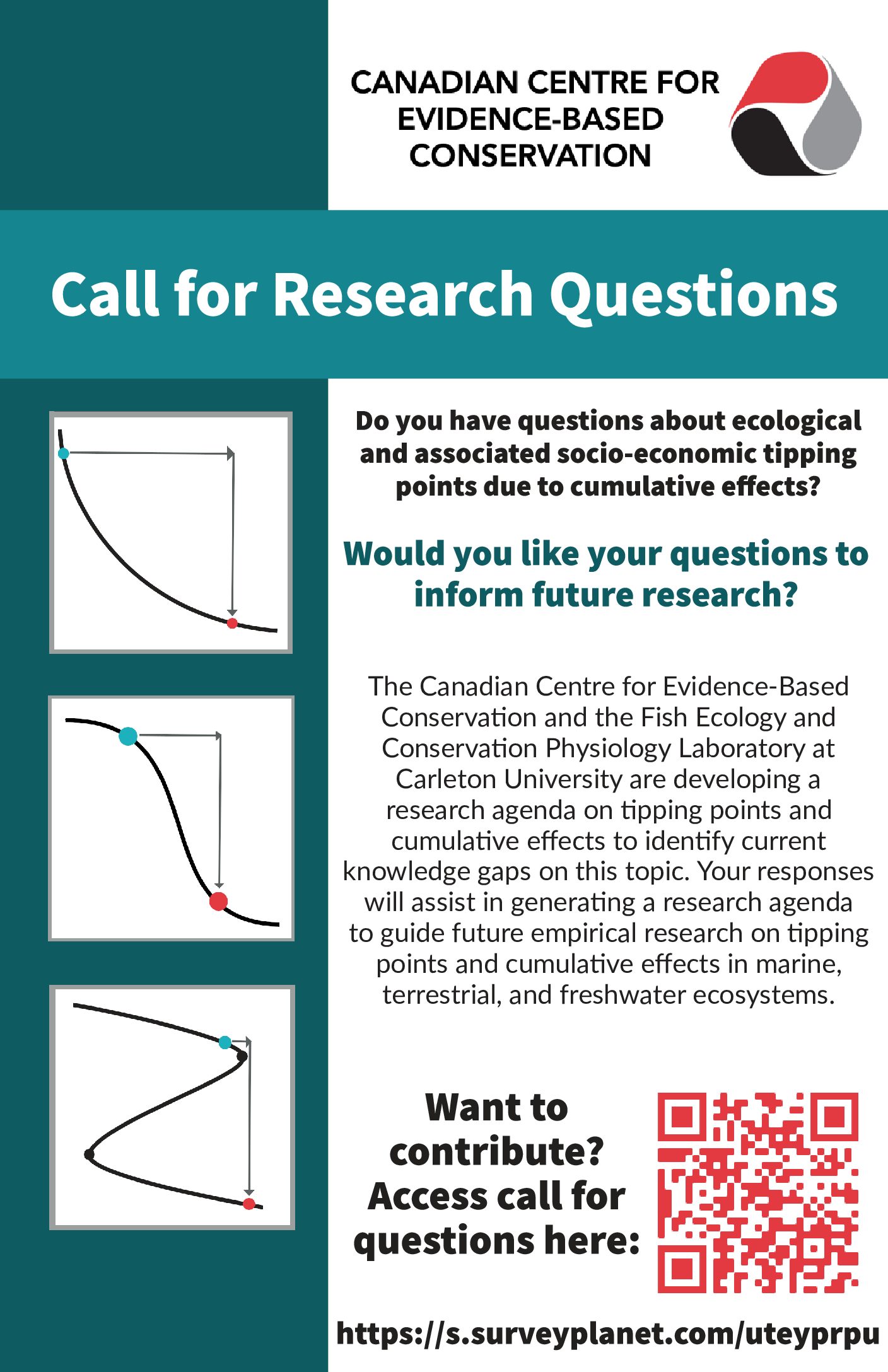Funded By
Conservation International (2013-2015)
Research Team
Dr. Michael Cooperman, Conservation International
Dr. Steven Cooke, Carleton University
Dr. Dominique Lapointe, Carleton University
Dr. Timothy Clark, Australian Institute of Marine Science
Dr. Lauren Chapman, McGill University
Dr. Tony Farrell, University of British Columbia
Dr. Les Kaufman, Boston University & Conservation International
Dr. Adalberto Luis Val, Instituto Nacional de Pesquisas Da Amazônia

Research Summary
Title: Hot Fish – Protecting human food security and biodiversity in the face of climate change impacts on inland fisheries.
In the tropics, freshwater fishes represent an important source of protein for local communities. The thermal ecology of tropical freshwater fishes (i.e., thermal optima and tolerances, temperature specific metabolic scope for activity) has received very little attention. However, research has demonstrated that organisms from thermally stable environments such as the tropics tend to be thermal specialists. It has also been observed that some tropical thermal specialists achieve optimal metabolic performance at temperatures near their upper tolerance limits. Therefore, ectotherms of tropical environments may be exceptionally sensitive to even small changes in thermal regime such as those occurring and anticipated from global climate change.
The ‘Hot fish’ project aims at:
– Providing information on the vulnerability of key tropical freshwater fishes to climate change.
– Improving the capacity of local communities to conduct research projects, through provision of equipment and mentoring, as applicable.
To address our objectives, we will use static respirometry to assess the thermal sensitivity of tropical freshwater fish at three locations:
– Brazil (Amazonian province)
– Uganda (Lake Victoria basin)
– Cambodia (Lake Tonle Sap)
The project addresses a time sensitive conservation problem, and will contribute to the protection of culturally and socio-economically important fish species in tropical regions. As has been demonstrated in the temperate world, respirometry studies of socio-economically important fishes of the tropics could provide the data necessary for a detailed assessment of population level adaptive capacity and the distribution of potentially suitable future habitat.






